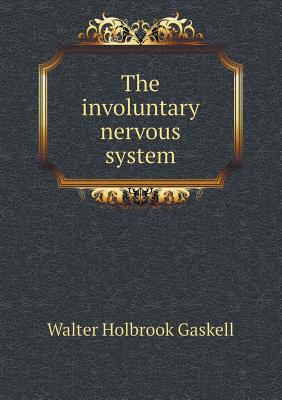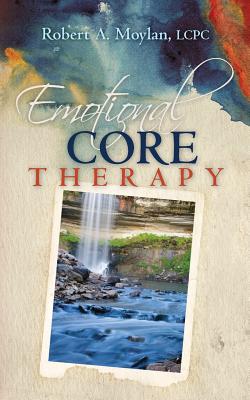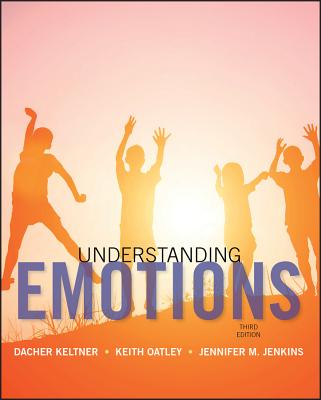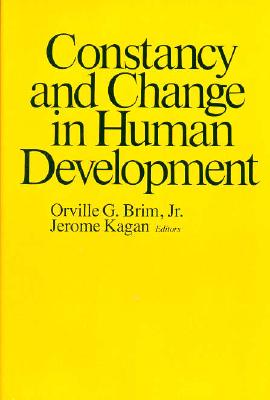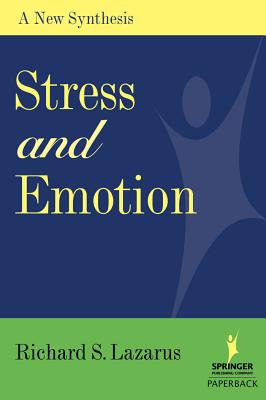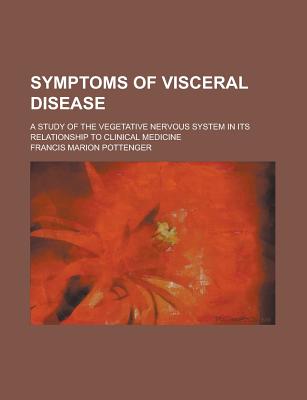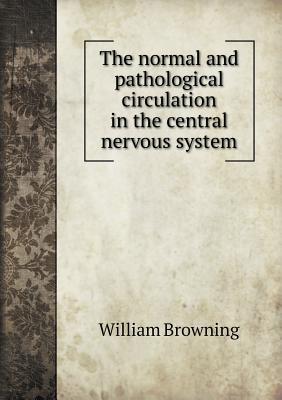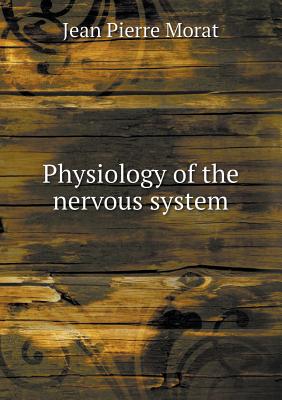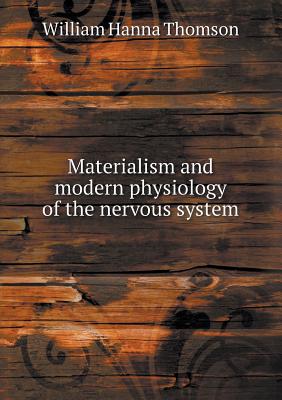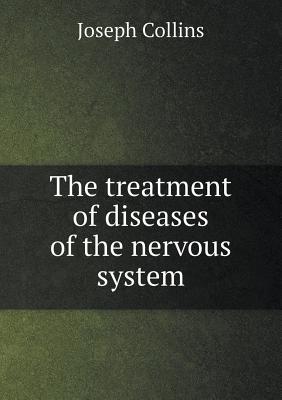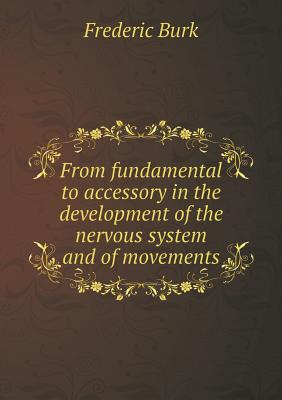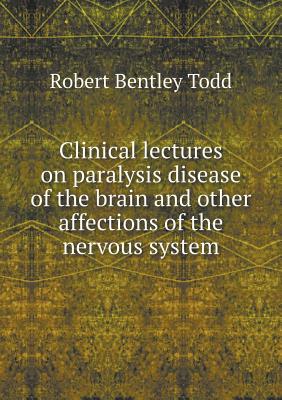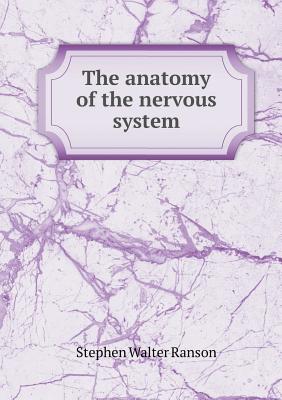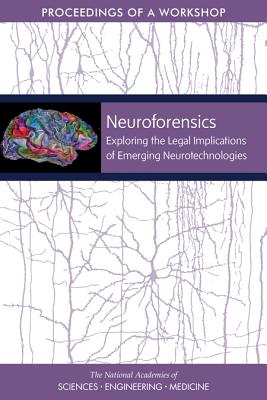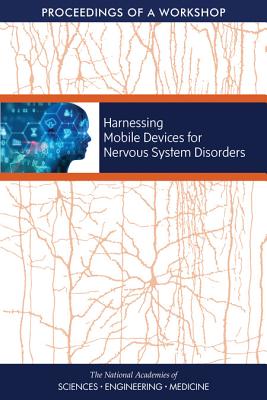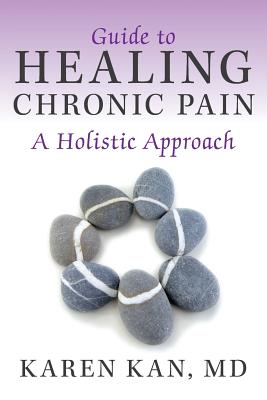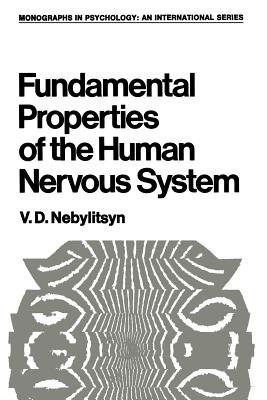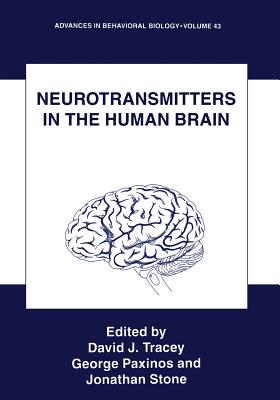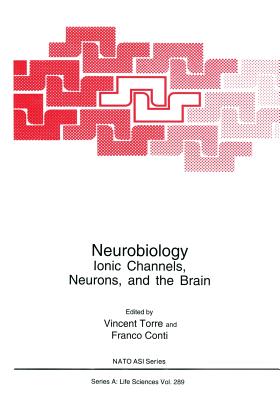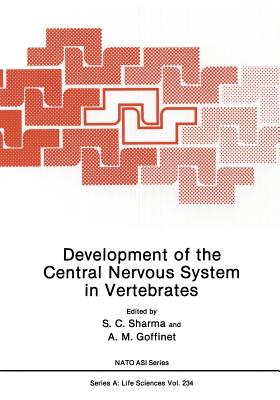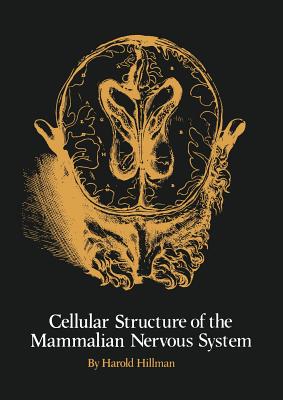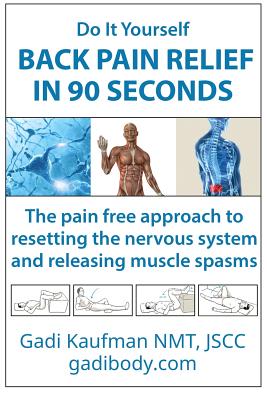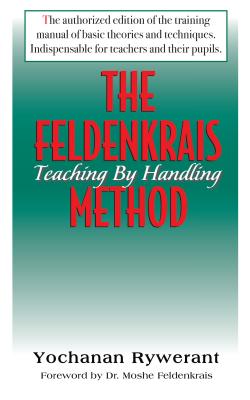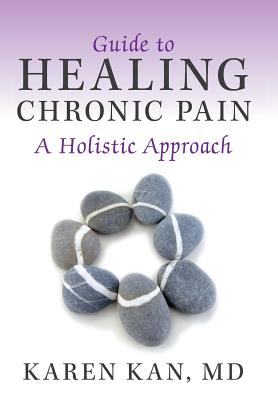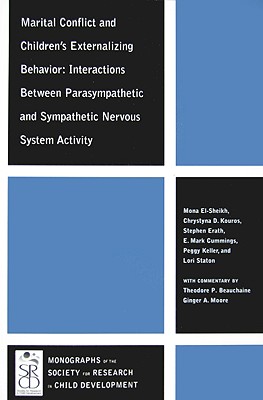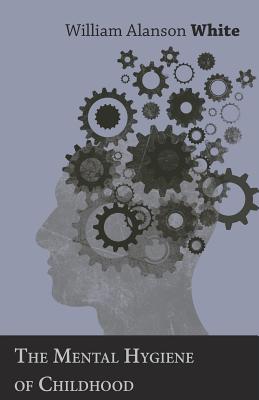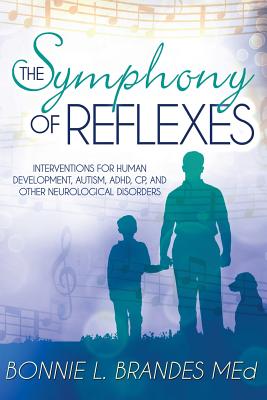| Description Experts Expert Contributions Featured Books for Sale |
Videos Articles Research Organizations |
In the News Additional Resources Coming Later Contributors |
Description
Have you ever been told when you’re stressed to stop worrying and just relax? That it’s all in your head? It would be nice if it were that simple. But it’s not.
Physiology research shows that the stress response memory lives in your nervous system. Take for example exposure to a stressful event. One in which you felt helpless, hopeless, and lacked control. In this case your autonomic nervous system (ANS) is engaged. This is the part of the nervous system responsible for controlling unconscious bodily actions like breathing. To be more specific, it was the sympathetic branch (fight or flight) of the ANS that kicked in while you were strained. In addition, the hypothalamic-pituitary-adrenal axis of the midbrain began firing. In which a signal from your hypothalamus sends a hormonal message to your pituitary gland that stimulates to your adrenal glands.
To activate this fight or flight response, stress hormones like cortisol and adrenaline are released from your adrenal glands. They help our body suddenly mobilize to flee danger. According to Peter A. Levine, trauma expert in the field of psychotherapy, trauma occurs when this biological process is overwhelmed and a person is unable to release and process the stressful event. It is possible to avoid a traumatic response by discharging the energy generated. For example, shaking, crying, and screaming can allow the individual to physically process the stress.
However, if the stress response is not processed, it remains in the tissues of the body. When a subsequent stressful event that does not pose a serious threat occurs, the traumatic memory is recalled. A large amount of stress hormones are released. Blood rushes to extremities, pupils dilate, muscle tone increases presenting as tension, breathing rate increases, the heartbeats faster, and sweating occurs. Hence, the nervous system responds as if this small incident is life threatening.
Source: https://www.bodywisefoundation.org/blog/bodywisefoundation/nervous-system-trauma

Experts


Peter Levine
Somatic Experiencing
View Expert Bio
www.traumahealing.org

Bessel Van Der Kolk, MD
Trauma Expert
View Expert Bio
www.BesselVanDerKolk.net

Featured Books:

Emotional Core Therapy
Understanding Emotions
Practical Psichology
World in Your Head

Videos:

Heart & Mind - Tame Your Tiger (3:50)

Articles:
The Parasympathetic Nervous System and Your Health
Arielle Schwartz
Stress: It’s Not in Your Head, it’s in Your Nervous System
Melody Walford, Uplift

Research:

Organizations:

In the News:

Additional Resources:
Contributors:Professionals:
Compiled By:
|
![]() Expert
Expert
![]() Professional
Professional
![]() Outreach Leader
Outreach Leader
![]() Moderator
Moderator
![]() Contributor
Contributor


